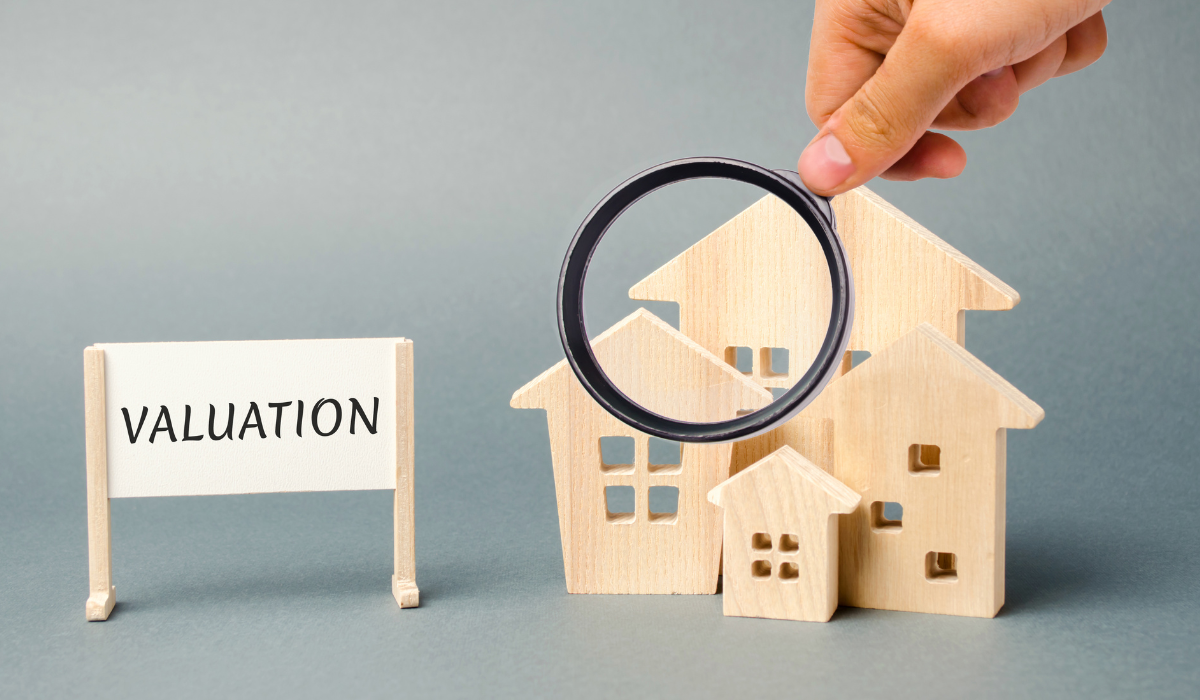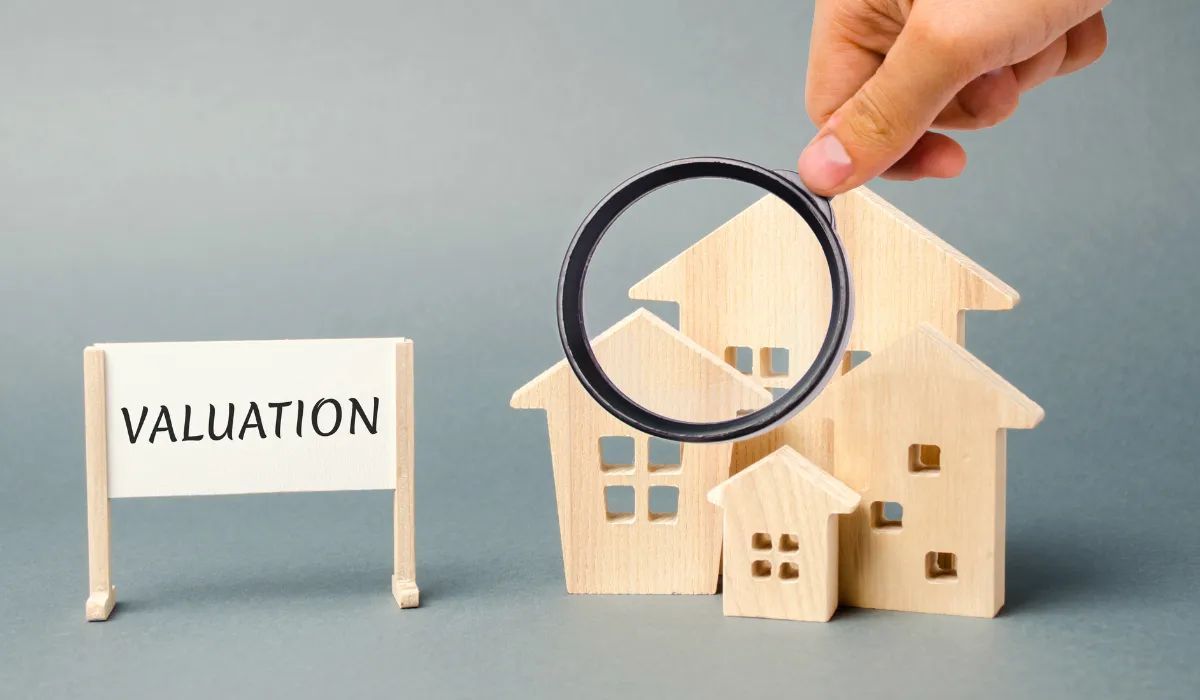Estate Valuation Checklist: Steps to Ensure a Thorough Assessment
In the intricate process of valuing an estate, meticulous attention to detail is paramount to ensure accuracy and fairness. Whether it’s for probate, estate tax purposes, or simply to understand the worth of assets, a comprehensive estate valuation checklist serves as a guide through the intricate maze of financial evaluation. In this comprehensive guide, we’ll explore the essential steps involved in estate valuation, providing a detailed checklist to facilitate a thorough assessment.
Valuing an estate is a multifaceted endeavor that requires careful consideration of various factors, including the nature of the assets, the current market conditions, and the legal requirements governing the process. By following a systematic approach and adhering to best practices, estate executors can ensure that the valuation process is conducted with precision and integrity.
Understanding Estate Valuation
Define the Purpose
Before diving into the valuation process, it’s crucial to determine the purpose of the assessment. Whether it’s for probate, estate taxes, financial planning, or distribution among beneficiaries, understanding the intended use of the valuation will guide the approach and methodology.
Gather Necessary Documentation
Compile all relevant documents pertaining to the estate, including wills, trusts, deeds, financial statements, investment portfolios, insurance policies, and any other documentation outlining assets and liabilities.
Identify Applicable Valuation Date
Determine the valuation date, which is typically the date of death for probate valuations or an alternate date specified by tax authorities for estate tax purposes. The valuation date establishes the point in time at which asset values are assessed.
Additional Points:
Assess Property Condition and Market Trends
Evaluate the condition of real estate properties and consider current market trends to determine their fair market value accurately. Factors such as location, property size, amenities, and recent sales in the area can impact valuation.
Consult with Legal and Financial Experts
Seek guidance from legal and financial professionals experienced in estate valuation to ensure compliance with relevant laws and regulations. Their expertise can help navigate complex legal issues and optimize the valuation process.
Consider Specialized Valuation Methods
For unique assets such as artwork, antiques, or intellectual property, consider employing specialized valuation methods or consulting with appraisers with expertise in the specific asset category. Specialized knowledge ensures accurate valuation and prevents undervaluation or overvaluation.
Document Assumptions and Methodology
Transparently document the assumptions and methodologies used in the valuation process to provide clarity and accountability. This documentation serves as a reference point for stakeholders and can withstand scrutiny during legal proceedings or audits.
Review and Update Valuation Regularly
Estate valuations should be reviewed periodically to reflect changes in asset values, market conditions, or legal requirements. Regular updates ensure that the estate plan remains current and effective in achieving its objectives.
Asset Valuation
1. Real Estate
- Obtain professional appraisals for all real estate properties owned by the decedent, considering factors such as location, condition, comparable sales, and market trends.
- Document any encumbrances, liens, or outstanding mortgages against the properties. Personal Property
- Inventory and appraise all personal property, including furniture, jewelry, artwork, vehicles, collectibles, and household items.
- Consider hiring specialists for valuable or unique items requiring expert appraisal.
2. Financial Assets
- Compile statements for bank accounts, brokerage accounts, retirement accounts, stocks, bonds, and other financial assets.
- Determine the fair market value of these assets as of the valuation date, considering market fluctuations and investment performance.
3. Business Interests
- Assess the value of any business interests owned by the decedent, such as sole proprietorships, partnerships, or shares in corporations.
- Engage business valuation experts to determine the fair market value of these interests, considering factors such as earnings, assets, liabilities, and industry trends.
4. Life Insurance
- Obtain statements and policy documents for any life insurance policies owned by the decedent.
- Determine the cash surrender value or fair market value of the policies, considering outstanding loans, premiums due, and death benefits.
Liability Assessment
Outstanding Debts
- Compile a list of all outstanding debts and liabilities owed by the decedent, including mortgages, loans, credit card balances, and unpaid taxes.
- Obtain documentation to verify the balances and terms of these obligations.
Administrative Expenses
- Estimate the costs associated with administering the estate, including legal fees, accounting fees, court costs, and executor’s fees.
- Budget for any additional expenses that may arise during the probate process.
Review and Reconcile
- Review the compiled asset and liability information to ensure completeness and accuracy.
- Reconcile any discrepancies or inconsistencies in the valuation data.
Document Findings
- Prepare a comprehensive report documenting the findings of the estate valuation process.
- Include detailed descriptions of each asset, its estimated value, and any relevant supporting documentation.
Seek Professional Guidance
- Consult with legal and financial professionals to review the estate valuation report and ensure compliance with applicable laws and regulations.
- Address any questions or concerns raised by stakeholders, beneficiaries, or tax authorities.
Additional Points
Conduct a Final Quality Check
- Before concluding the valuation process, conduct a final quality check to ensure that all assets and liabilities have been accounted for accurately.
- Verify the accuracy of calculations and cross-reference information across multiple sources to identify any discrepancies.
Maintain Detailed Records
- Keep meticulous records of the entire valuation process, including documentation, correspondence, and any decisions made during the review and reconciliation phase.
- Maintaining detailed records is essential for transparency, accountability, and legal compliance.
Establish a Communication Protocol
- Establish a clear communication protocol for sharing the valuation findings and report with relevant stakeholders, beneficiaries, and legal or financial advisors.
- Ensure that all parties involved have access to the necessary information and are kept informed throughout the process.
- Establish regular update meetings or communication checkpoints to address any questions, concerns, or updates related to the valuation process, fostering transparency and accountability among all stakeholders.
Conclusion
A meticulous and thorough estate valuation is not just important but absolutely crucial for guaranteeing the equitable and precise distribution of assets and liabilities among beneficiaries. By adhering to a meticulously crafted and exhaustive checklist, and proactively seeking expert advice and guidance whenever required, estate executors can confidently and diligently navigate through the intricate complexities involved in the valuation process. This ensures that every aspect of the estate is meticulously evaluated, leaving no room for ambiguity or oversight. Ultimately, this meticulous approach safeguards the integrity of the estate distribution process, upholding fairness and accuracy at every step.
FAQs
What is the purpose of estate valuation?
Estate valuation serves various purposes, including probate, estate tax assessment, financial planning, and equitable distribution among beneficiaries. Understanding the specific purpose of the valuation guides the approach and methodology.
Who should be involved in the estate valuation process?
The estate executor or administrator typically oversees the valuation process. However, it’s essential to consult with legal and financial professionals experienced in estate matters to ensure compliance with laws and regulations.
How often should estate valuations be updated?
Estate valuations should be reviewed periodically to reflect changes in asset values, market conditions, or legal requirements. It’s advisable to update valuations annually or as significant changes occur.
What are some common challenges faced during estate valuation?
Common challenges include accurately assessing the value of unique assets, navigating complex legal requirements, reconciling discrepancies in documentation, and addressing disputes among beneficiaries.
What role does professional appraisal play in estate valuation?
Professional appraisals are crucial for determining the fair market value of real estate, personal property, business interests, and other assets. Appraisers provide unbiased assessments based on industry standards and market conditions.
How can estate executors ensure transparency and accountability in the valuation process?
Executors should transparently document their assumptions, methodologies, and findings throughout the valuation process. Maintaining clear records ensures accountability and can withstand scrutiny during legal proceedings or audits.
What are the potential consequences of inaccurate estate valuation?
Inaccurate valuation can lead to disputes among beneficiaries, delays in estate administration, legal challenges, and financial losses. It’s essential to conduct thorough and accurate valuations to avoid such consequences.
What factors should be considered when determining the fair market value of assets?
Factors such as asset condition, market trends, comparable sales, investment performance, and industry dynamics influence asset valuation. Professional expertise and specialized knowledge may be necessary for accurate assessment.
Can estate valuation impact estate taxes?
Yes, estate valuation directly affects the calculation of estate taxes. Accurate valuation helps minimize tax liabilities and ensures compliance with tax laws and regulations.
What steps should beneficiaries take if they dispute the results of estate valuation?
Beneficiaries who dispute estate valuation results should seek legal advice and may file objections or petitions with the probate court. Resolving disputes may involve mediation, arbitration, or litigation, depending on the circumstances.
How does estate valuation differ for assets held jointly or in trust?
Assets held jointly or in trust may have different valuation considerations compared to individually owned assets. Valuation methods and legal implications may vary depending on the ownership structure and applicable laws.
What happens if estate assets cannot be accurately valued?
In cases where certain assets are difficult to value or have subjective valuation criteria, estate executors may seek professional assistance from specialized appraisers or consult legal experts to determine the best course of action.
The post Estate Valuation Checklist: Steps to Ensure a Thorough Assessment appeared first on Perfect Piece.











